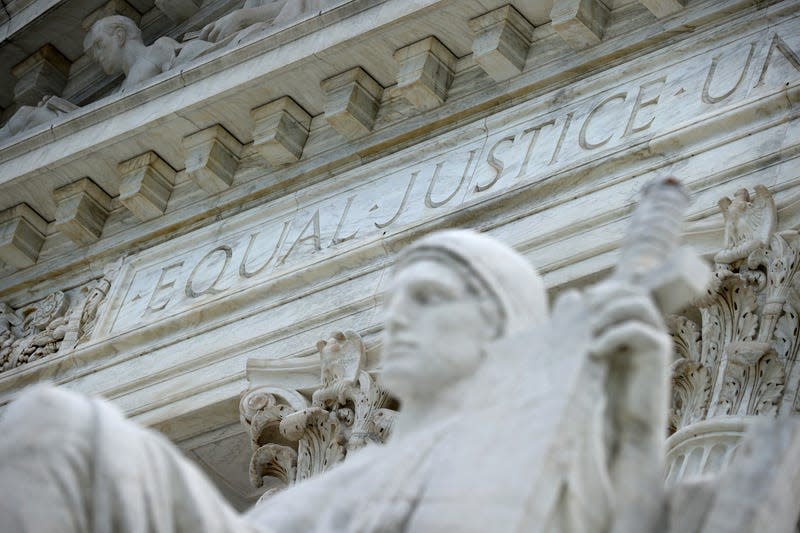Best & Worst News From The State of Black America Report

Sixty years after the passage of the Civil Rights Act of 1964, the National Urban League is checking in on the “State of Black America” — and they have plenty to say.
Here are some of the best and worst takeaways from the Urban League’s “State of Black America” report.
Best: Society Has Become Marginally More Equal
The Equality Index of Black America, which tracks our level of economic, political, and health status relative to white Americans — shows that things have improved overtime.
Over the last two years, The Urban League found that our society has become marginally more equal for Black Americans. And over the last two decades, there’s been improvement on issues like mass incarceration, violent crime, and voter registration.
Worst: We Still Have a Long Way To Go
The report also concluded that while things have improved after the Civil Rights Act of 1964 and onward — there’s still a long road to reach equality. Persistent economic inequality remains an almost intractable issue. In fact, adjusting for inflation the Urban League found that Black women and men actually earn less money per every dollar made by their white peers than they did twenty years ago. Black homeownership rates also decreased over the last two decades.
Education inequality was another major issue flagged by the report. Black students remain more likely than their white peers to attend schools with teachers with less experience.
Warning: “We Are in a Fight for the Soul of America.”
The “State of Black America” also issued a warning about efforts to curtail the hard won civil rights victories of the last six decades. The report noted multiple Supreme Court decisions, including the recent affirmative action ruling, that they expect will have ripple effects for decades on equality in the United States. They also warned of upcoming cases to watch including Louisiana v. EPA and several voting rights challenges in the states.
“We are in a fight for the soul of America,” they cautioned. “ A movement to roll back 60 years of equity, opportunity, and physical safety has made its way to our courts, state houses, and Congress. What may seem like legal challenges protecting religious freedoms and states’ rights is a coordinated attack on the Civil Rights Act of 1964. Our freedoms are not free. It is time for us to organize and fight back.”

